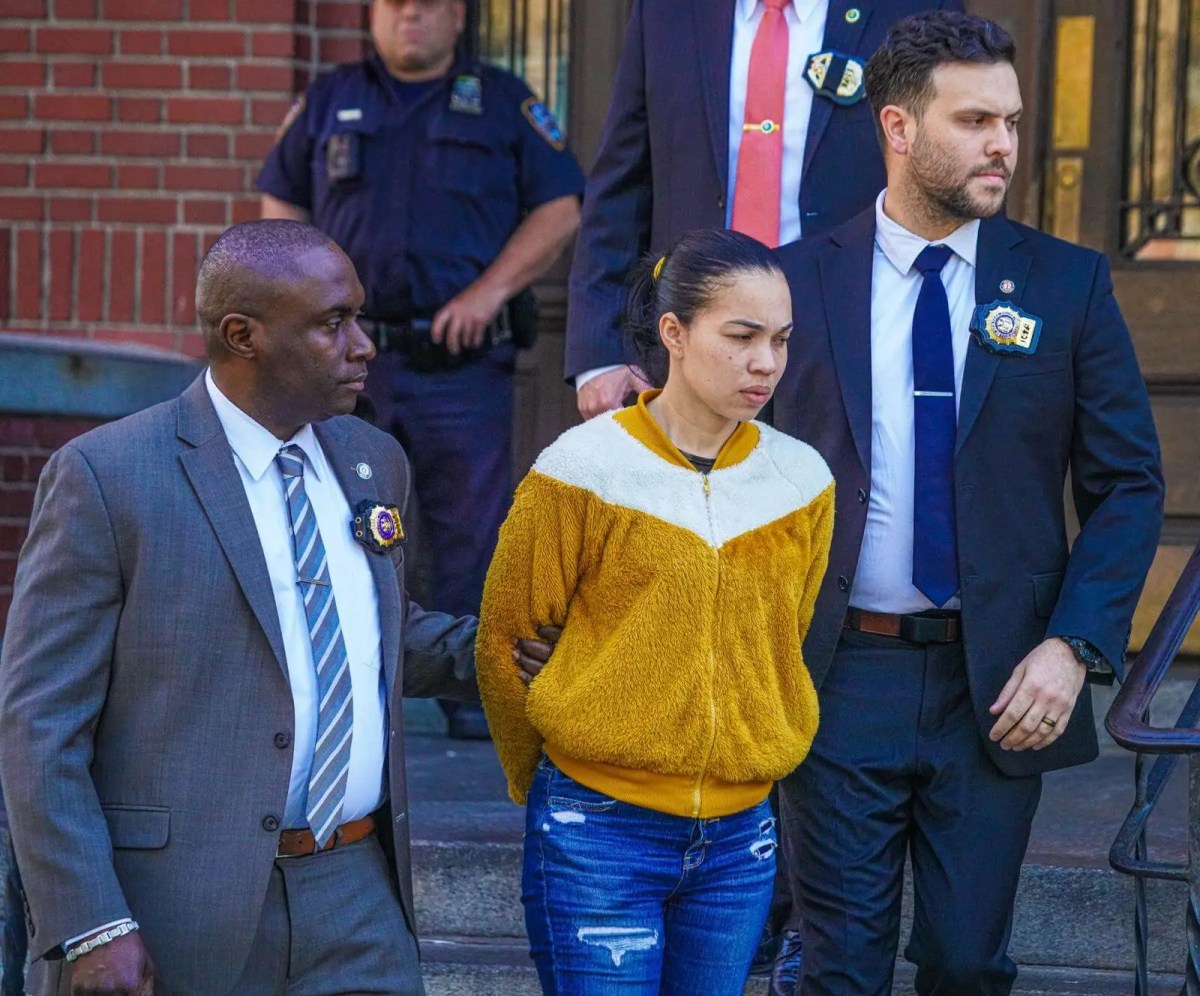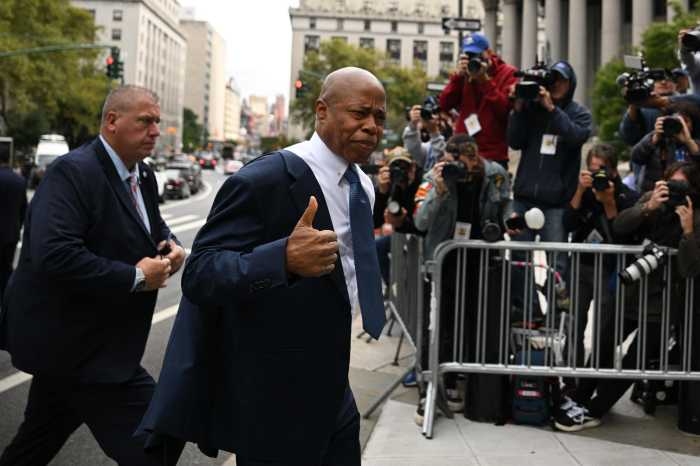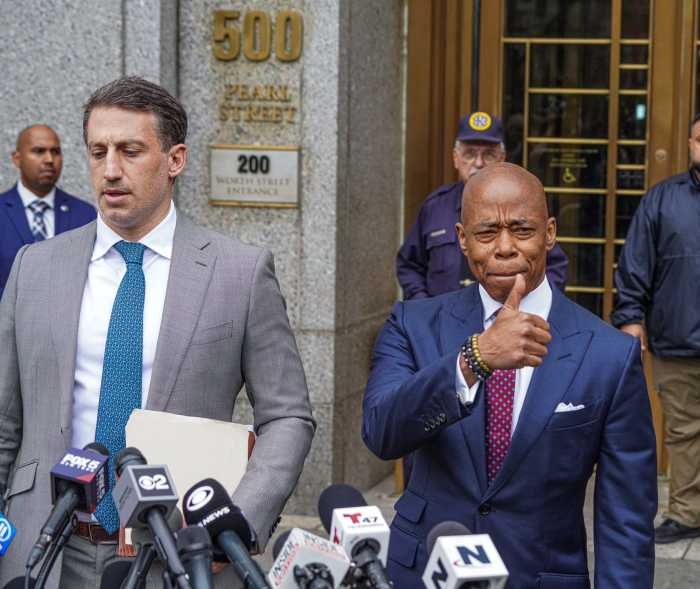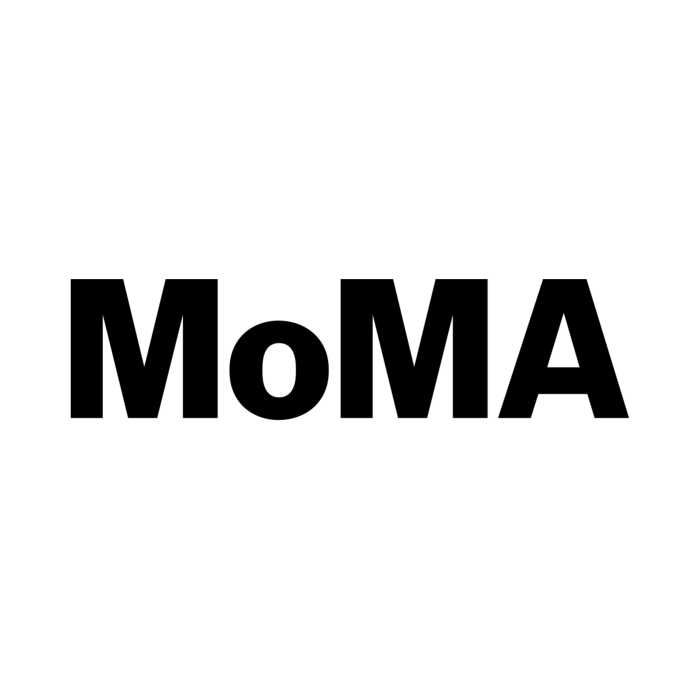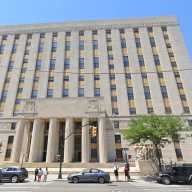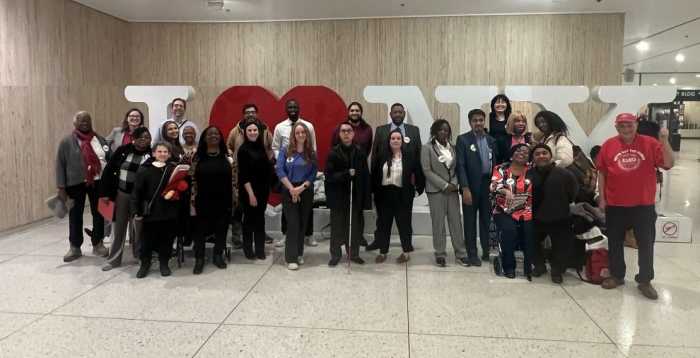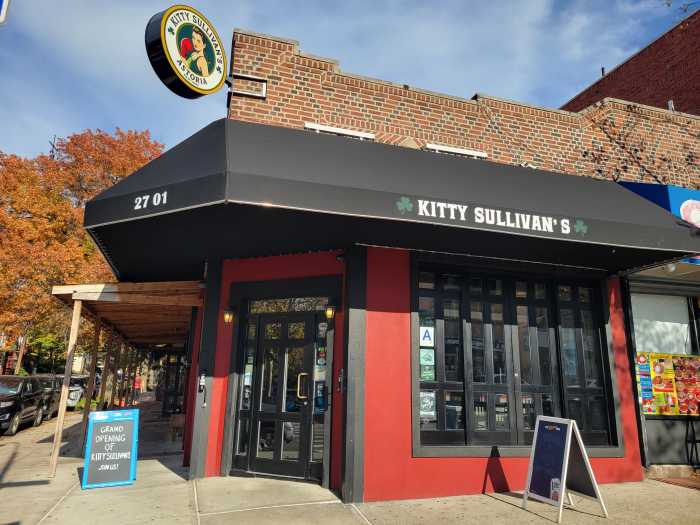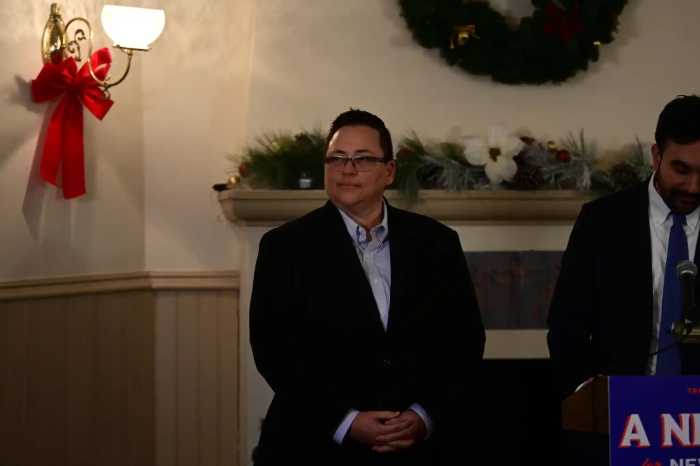As the 24th anniversary of the 9/11 terrorist attacks approaches, a case seeking to hold the Kingdom of Saudi Arabia (KSA) responsible for financial and logistical support to the terrorists can move forward, a federal judge in New York has ruled.
In a major milestone for the victims’ families, Southern District of New York United State District Judge George B. Daniels has denied a motion by the Kingdom of Saudi Arabia to dismiss a lawsuit, arguing that nation’s government supported two Al Qaeda terrorists as they prepared for the Sept. 11, 2001 attacks.
“This is a historic win for the families,” Brett Eagleson, a spokesperson for the families whose father was killed in the World Trade Center, told ProPublica. “The Kingdom of Saudi Arabia is going to be held accountable.”
Law firm Kreindler & Kreindler, which represents 9/11 victims, called this “a historic ruling” that the “September 11th victims are entitled to move on to the next phase of litigation” and “claims will proceed to decision on their merits.”
Since 2004, the Kingdom of Saudi Arabia has argued it is immune to litigation under the Foreign Sovereign Immunities Act.
This case focuses on actions by Afahad Thumairy, an imam, and Omar Al Bayoumi, listed as an accountant, who both had connections with hijackers Nawad Al Hazmi and Khalid al Mihdha — who were part of the group that crashed American Airlines Flight 77 into the Pentagon on Sept. 11, 2001.
Justice Daniels concluded that Bayoumi and Thumairy took actions that helped hijackers as part of their work for the Kingdom of Saudi Arabia.
“The credible evidence supports the conclusion that Thumairy was working together with Bayoumi to assist the hijackers,” the judge said. “The total evidence creates a high probability as to Bayoumi’s and Thumairy’s roles in the hijackers’ plans, and the related role of their employer, KSA.”
He referred to “the reasonable inference” that “Bayoumi and Thumairy were coordinating with the Saudi government when providing assistance to the hijackers.” Saudi Arabia has argued it was not a partner of al-Qaeda and any assistance these two provided was to Saudis seeking help with life in the United States.
In 2015, the court ruled in Saudi Arabia’s favor, stopping the suit due to immunity through the Foreign Service Immunities Act, which that nation argued provided immunity. A year later, Congress enacted the Justice Against Sponsors of Terrorism Act, creating exceptions to immunity to allow 9/11 suits against foreign states not designated state sponsors of terrorism.
The Second Circuit vacated the 2015 decision, allowing the courts to consider the case under the new law.
In 2018, a federal judge ruled that Saudi Arabia’s “direct liability” wasn’t enough to trigger the new regulations, but that with “vicarious liability,” the court could take up the case as litigation continued.
“This is how and why the 9/11 Families have gotten this far in our lawsuit against the Kingdom of Saudi Arabia,” Charles Wolf, a 9/11 activist whose wife Katherine was killed in the 9/11 attacks, posted about law firm Kreiter & Kreiter’s ongoing efforts. “It is worth pointing out that the current Saudi leaders had nothing to do with 9/11, which happened 24 years ago.”
Nawaf al Hazmi and Khalid al Mihdhar, al-Qaeda members, helped carry out the 9/11 attacks in 2000 after being sent to the United States to study English and take flight lessons.
The hijackers on Jan. 15, 2000 arrived at Los Angeles International Airport and later met Afahad Thumairy, whose visa listed him as an embassy or consulate official, but worked as a imam at the King Fahad Mosque in Los Angeles.
According to the lawsuit, Thumairy received “significant funds” from a member of Saudi Arabia’s cabinet, which he said was used for mosque expenses. Thumairy allegedly told someone else to look after two “significant people,” although he says he never told anyone to assist the hijackers
The hijackers also met Omar Al Bayoumi, who attended various U.S. schools and worked as an accountant or “senior data processing technician.”
Both allegedly worked for Saudi intelligence, although they deny being intelligence operatives.
“All these connections raise questions on whether Bayoumi was truly employed as an accountant,” the judge wrote of the links. “His general activity was inconsistent with his official employment titles, and his educational pursuits in the U.S.”
Bayoumi allegedly told London Metropolitan Police Services that he told the hijackers, “If you need help or something like that, just call me.”
He also took the hijackers to a bank to open an account and issued a check under his name to pay for their rent. The hijackers paid him back the same amount. Bayoumi said it was typical for members of the Islamic community to help newcomers by co-signing leases, but couldn’t recall doing that for others.
Bayoumi also organized a social gathering at the hijackers’ apartment on Feb. 17, 2000. The plaintiffs also questioned why the terrorists went to California and whether it was because they had help there from Thumairy.
“It makes one wonder who in Los Angeles they hoped to see or what they intended to do there,” Judge Daniels wrote in his ruling.
The courts ruled that the plaintiffs’ alleged facts were sufficient to show that Thumairy and Bayoumi and their “agents ” were following instructions from more senior officials in the Saudi Embassy.
Still, Judge Daniels said the plaintiffs hadn’t conclusively proved the extent of the men’s roles in supporting the terrorists and whether it went beyond helping new arrivals in the United States.
“It is still a step too far to conclude that they were ‘advance teams’ KSA sent to provide support for the hijackers,” Judge Daniels ruled. “The Court therefore does not have sufficient admissible evidence to decide whether Bayoumi and Thumairy deviated from their normal methods of performance.”




